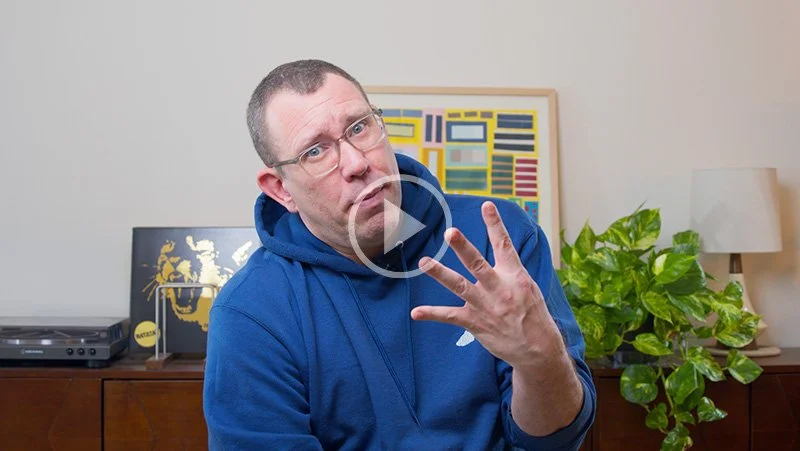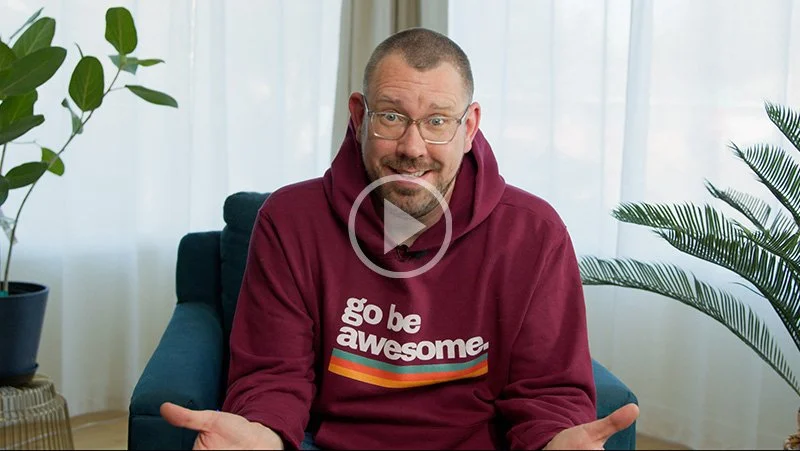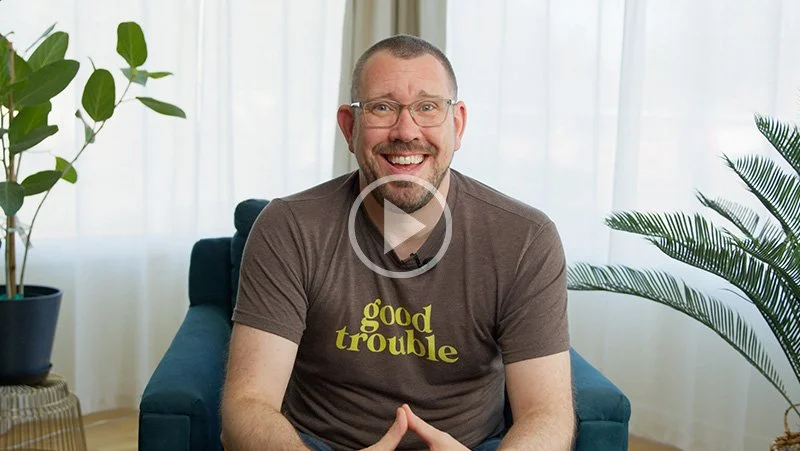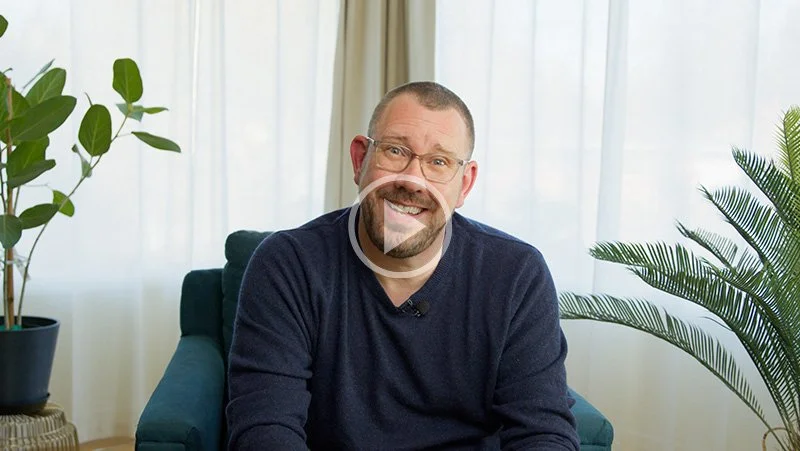5 Ways To Crush Job Interviews
Welcome to the #culturedrop. Every Tuesday, Galen Emanuele emails tools to advance leadership skills, team culture, and personal growth. No spam, just great content. Sign up now to get it in your inbox.
Nailing The Interview
The saying is true that you never get a second change to make a first impression, which is why learning to nail the interview process is key to standing out among other applicants. Interviewing is a skill and it’s a must that you take it upon yourself to sharpen your interview skills if you want to land a great job. Here are a handful of my best tips:
#1: Ask great questions
You must show up with a list of prepared, meaningful questions to ask in order to stand out to interviewers. Avoid inane questions like “When are you filling the position?” and ask great, juicy questions.
I have another whole Culture Drop episode with a bunch of great questions to ask and dives deeper into why it’s so important, check it out here. Here’s some examples:
How would you describe the company culture here? Also, how would the team here describe the company culture?
Hopefully whoever will be your direct supervisor will be there in the room, if they are make sure to ask them:
How would you describe your leadership style?
What's your communication style like?
How do you like to give and receive feedback?
What does it take for somebody stepping into this role to absolutely crush it and be exceptional here?
What do you value the most about somebody working on the team, in terms of how they perform the role as well as how they impact everyone else on the team?
What are some medium and long-term goals for this position and the company?
Prepare five, six, or even ten questions to have on deck during the interview. It is remarkably important to do this. Asking great questions makes you look conscientious, like you know what you’re talking about, it shows emotional intelligence, turns the ‘buyer into a seller’ in the interview process, and sets you apart.
#2: Do your research
This seems really straightforward and simple, but it needs to be said: do your research and show up prepared.
Job interview statistics from 2021 show that 47% of candidates failed job interviews because they didn’t do enough research on the company beforehand, which reflected in their interviews. That’s nearly 50% of applicants missing out on an opportunity because they didn’t show up prepared! Don’t make the same mistake - do the research. Even if you only have five minutes, take the time to check out the organization’s website.
What’s the history of the company? What is their origin story? What do they do?
Learn something about the company so that when you get in an interview, you know something, can ask questions, and can speak to their work.
Even complimenting what the website looks like shows that you did research and proves you did your homework.
#3: Know how to respond to questions
You have to practice responding to questions so you aren’t rambling and are speaking concisely. Be aware of what is being asked. A lot of companies ask things like “Tell us a little bit about yourself.” 15 minutes later, you shouldn’t be talking about a rafting trip you took when you were 19 years old.
Touch on some things that are personal about you, but direct that conversation into how you work, how you show up as a human being, your personality type, and the kind of person you are.
Direct the conversation into how you work, how you show up as a human being, your personality type, and the kind of person you are.
Be succinct, and answer questions directly and expand on your answers. Answer question(s) directly in the context of understanding what they are really asking for.
#4: No Complaining
This one is very nuanced, and way important - do not complain during an interview. If you have a job that you hated, a boss you hated, coworkers you hated, or a culture you hated, learn how to frame it up with language that is more positive and productive.
For example, if you’re asked to tell the interviewer about a bad environment you worked in or a boss you didn’t like, phrase up your answer to be positive.
“This was a challenge that I faced with my last boss - we had very different communication styles, so we didn’t always get along. It was a challenge, and here’s how I overcame that…”
or
“Here’s how I learned to work together effectively with that person…”
Frame things up in a positive way. Talk about the challenge you faced and how you found a solution. Discuss the lesson you learned in the process.
Complaining makes you look bad and shows a lack of self awareness. Framing challenges as learning experiences displays high emotional intelligence and higher personal accountability.
#5: Interviewing is a skill
And like all skills, you have to practice to get good at it. Interviewing is absolutely a skill you must improve at to land the roles you want.
The person who ends up getting the job is not necessarily the most qualified, they’re usually the candidate who gives the best interview. Self educate. There are unlimited hours of videos on YouTube and tons of articles online with tips and great advice on how to level up your interview skills.
The golden rule
Of course, don’t forget the most important rule of interviewing: show up with confidence and kindness.
Go prepared to show off the smart, capable human that you are and stand out by doing your research beforehand and coming in with great questions. If you’ve been rejected after an interview, don’t be afraid to reach out to the interviewer and ask for feedback. This will give you a chance to see from their lens what you could improve on. Good luck out there.
Related articles:
My Favorite Interview Questions To ASK
Want more?
This article was created by Galen Emanuele for the #culturedrop. Free leadership and team culture content in less than 5 minutes a week. Check out the rest of this month's content and subscribe to the Culture Drop at https://bit.ly/culturedrop








